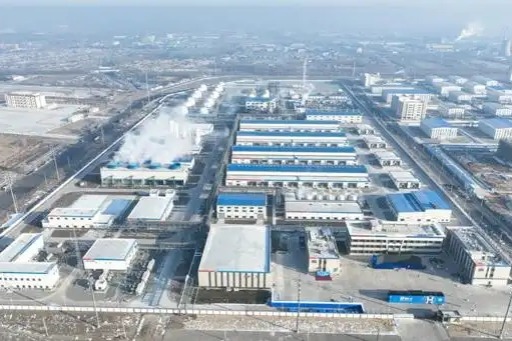Identity mismatch leaves HK residents out in cold

The Chinese mainland is so big that generalizations tend to turn out to be false. Sometimes we learn this the hard way.
When Hong Kong people travel to first-tier cities, everything is smooth. These cities have the exposure and resources to handle the Hong Kong visitors. Things are quite different in smaller cities.
Even in the more affluent second-tier cities, businesses and government institutions are not equipped to deal with Hong Kong people. Accommodation is one of the best examples, because it is the interface between the city and travelers.
In first-tier cities, more hotels are authorized to handle "foreign guests" or waibin. In smaller cities, only the best and most expensive have authorization, others can only host "local guests" or neibin.
Interestingly and unfortunately, Hong Kong people are considered "foreign guests". That means they have only limited choices when they stay in the small cities. They are doomed to patronize the most expensive hotels. This handicap is especially hard on younger Hong Kong people on a tight budget - backpackers, interns or those trying to land entry-level jobs. So much for helping young Hong Kong people to assimilate into the mainland.
To add insult to injury, Hong Kong residents are often required to inform the hotels, that is the ones hosting them as "foreign guests", where and when they entered the mainland. These are standard questions asked at immigration control points. It is not at all clear why they are asked again at hotels. Clearly the hotels already exchange data with relevant authorities. All you have to do is sync them.

The problem is, Hong Kong people do not enter the mainland the same way other foreigners do. They never have to fill in a form telling the authorities which flight they took and how long they intended to stay. Would that be the reason why they must fill in the missing pieces at the hotel?
Many SAR people would find it difficult to provide the hotels with the information. They may be living and working on the mainland for an extended period, and are just traveling from one mainland city to another for business. They do not fit the "foreign guest" model.
If Hong Kong people tell hotel staff they live on the mainland and cannot remember when they entered or through which port, and that they are Chinese, hotel staff will shake their heads. If the blanks were not filled, the system just would not issue the room card.
This is one example of the crisis of national identity in action.
Recently, it was reported mainland authorities will start to issue a second-generation Mainland Travel Permit for Taiwan Residents. The first-generation permit has only eight digits, but the new one has 18, the same as the mainland identity card. This alignment will make system integration much easier. It is also reported that holders of these second-generation permits can use them as high-speed rail tickets, just as mainland citizens can.
This is all very good news, for the Taiwan residents. Hong Kong people who travel by high-speed rail know how frustrating it is - Hong Kong citizens can only buy tickets or collect tickets bought online through manned service counters. It is strange that 20 years after the handover, we are behind Taiwan in this important regard.
Things are also looking good for genuine foreigners. Upgraded versions of permanent residence ID cards - the Chinese green cards - are now being made available to offer better services to foreigners living and working in the country. The new version came into operation on June 16, in municipalities and provinces such as Beijing, Shanghai, Guangdong and Zhejiang.
It is reported that foreign "holders can now enjoy the same benefits as Chinese citizens", which sounds fantastic although we are not sure what exactly these entail. The railway authorities have also announced they will soon upgrade ticket facilities at railway terminals to offer access to the cards.
Let's hope Hong Kong residents can have these goodies too.
(HK Edition 07/06/2017 page8)
Today's Top News
- US plan for arms sales to Taiwan condemned
- China creates 12.1m new urban jobs
- Dialogue constructive way to rebalance trade
- AI needs to be governed wisely to ensure that it is beneficial for future of humanity: China Daily editorial
- China warns about Japan's intended military buildup
- China urges EU to halt anti-subsidy probes






























